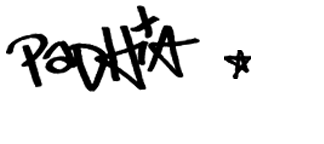I understand that to diagnose and treat problems we have to label them. I’d like to put that aside for a second though and look at a different piece of this picture.
Between what I have learned from the previous years of my own struggles and witnessing the healing of those that I have coached, I no longer see depression as a mental illness. Depression is certainly a legitimate condition- a debilitating one, which can cost you your life (even passively). However, through the lens of “mental illness” the implication is that there is something fundamentally wrong with your brain, and from this conclusion, the course of treatment is therefore medication. Medication is tactically branded as a fix-all for the vast multitudes of symptoms of depression- until the pharmaceutical companies want to sell you more medications, which is when the marketing strategy suddenly switches to “2 out of 3 people on antidepressants report unresolved symptoms of depression”. To me, this is further evidence that we are failing to understand what depression actually is, and therefore the main method of treatment is blatantly failing. Personally I’ve never taken a pill and had the color return to my world, as I have seen in countless ads. I have however, taken a pill and become numb enough to forget there even are colors.
The way that I have come to understand depression is that it is actually a function of being human. There is a spectrum, and we all lie somewhere on it. We are all sensitive, malleable, impressionable beings, collecting data about ourselves and our environments (mostly unconsciously) at rates that compete with world’s fastest supercomputers- and internalizing all of that. Depression, in its most simple explanation is a suppressed state of functioning. Wherever unhealed pain, false beliefs, and an operating system that is not based on your own truth- but rather the truth of others, intersects with what your soul or spirit really wants to experience in this lifetime, is where on the spectrum, your depression lies. The greater this gap, the greater the depression.
What I think is important about this perspective is that suddenly there is no separate population- “the people who suffer from depression”. Anytime you separate out a population they are inevitably seen as defective, lesser, tarnished in some way. It breeds stigmas and shame. Realizing that all humans struggle with unhealed pain, false beliefs, and trouble connecting to the language of their own truth, you begin to see that our suppressed states of functioning are actually what connects each and every one of us, and this changes everything.
